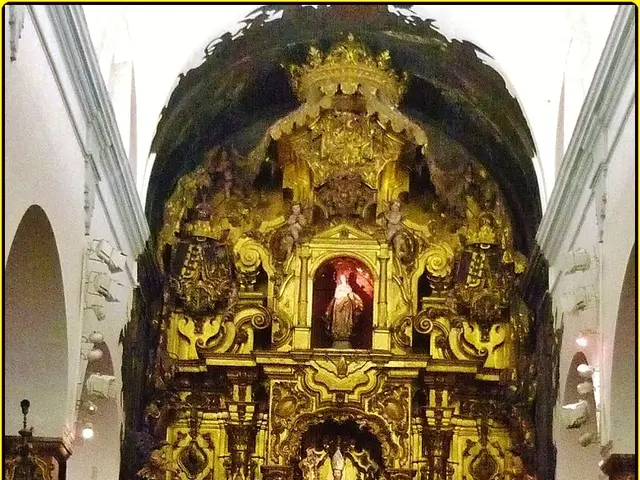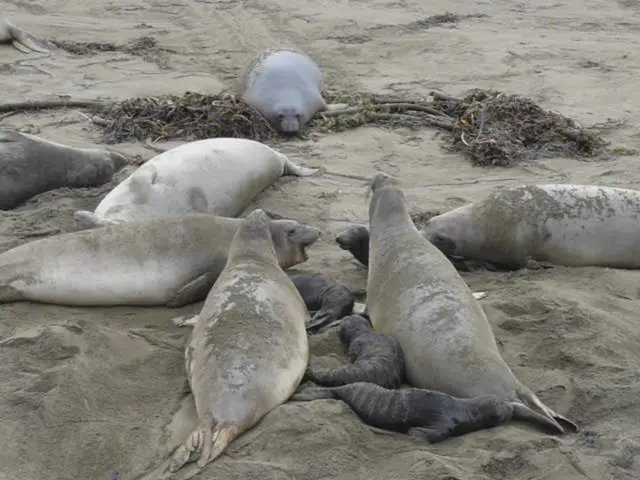Youth of Generation Z are merging their lives with the culture of Nepal, resulting in a unique fusion.
New Leadership for Nepal: Sushila Karki Takes Charge Amidst Political Turmoil
Nepal is currently at a crossroads, with Sushila Karki, the first female Prime Minister of Nepal, aiming to smooth out turbulence and stabilize the country. Karki was appointed on September 12, 2025, following the resignation of former Prime Minister Khadga Prasad Sharma Oli.
The political landscape in Nepal has been marked by instability, with governments rarely lasting more than one or two years due to fragile coalitions among the three largest parties. The recent resignation of Oli, on September 9, has somewhat calmed the situation, but the country is still grappling with the aftermath of widespread protests that erupted in early September.
The protests, primarily led by the Gen-Z movement, escalated nationwide after the government banned 26 social media platforms and messaging services, including Facebook, Tiktok, and Signal. These actions sparked public outrage, leading to four days of demonstrations against the stagnant system, perceived stagnation, and widespread corruption.
The protests resulted in an estimated 25 billion rupees, or 150 million euros, worth of property damage, and 72 deaths and hundreds of injuries. The nature of the congratulations Karki received, including from the Dalai Lama, has raised public doubts, but Karki is determined to address these concerns and restore faith in the government.
Nepal's civil war ended approximately two decades ago, with the Maoists fighting against the army in a narrow Himalayan region between China and India. Since then, the country has undergone significant changes. Nepal became a federal republic in 2008 after a majority decision, abolishing the deeply entrenched monarchy.
Karki's cabinet consists of 15 ministers, half the usual size, and comprises recognized, politically untainted personalities. One of her key appointments is Savita Bhandari Baral as Attorney General, a first for Nepal. This move is seen as a step towards addressing the widespread corruption that has plagued the political class in Nepal, which has been primarily concerned with itself rather than solving diverse problems.
As Nepal moves towards its scheduled elections in March 2026, Karki's most significant challenge will be to gain international support and respect for Nepal. The country relies on the support of other powers such as the EU, Japan, and the USA for its new beginning. The person who can successfully navigate this complex geopolitical landscape and implement the successful reforms expected by the restless youth is Sushila Karki.
The return of reliable peace and stability before the start of the tourist high season in November is economically significant. Nepal's tourism industry is a major contributor to the country's economy, and any disruptions can have a devastating impact. Karki's government will need to work diligently to ensure that the country remains stable and attractive to tourists.
In the midst of these challenges, Karki's appointment as the first female Prime Minister of Nepal is a significant milestone. Her leadership will be closely watched, not just in Nepal, but across the world. The future of Nepal lies in her capable hands, and she has a unique opportunity to make a lasting impact on the country and its people.
Read also:
- Today's most impactful photographic moments
- Support for Eric Adams in The Post's Letters to the Editor on August 13, 2025
- Roosting Shark and Rambunctious Red Squirrels: Unconventional House Rental in Yorkshire Involving Aquatic Marvel, Squirrely Mayhem, and Mystical Planning Regulations
- Legal Dispute Dismissed with Humor: Supreme Court Laughs off Another Civil Matter Mislabeled as Criminal Prosecution








